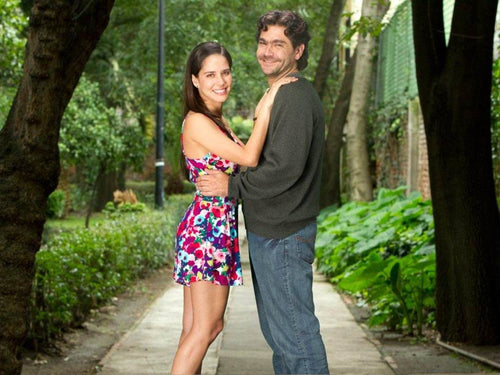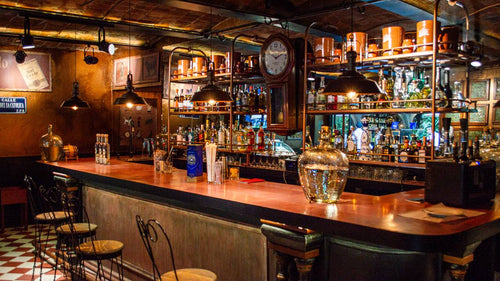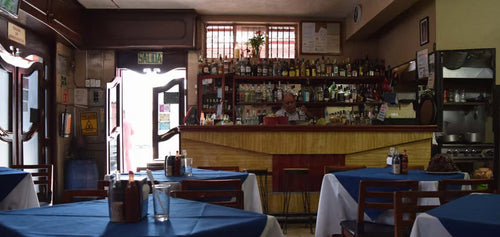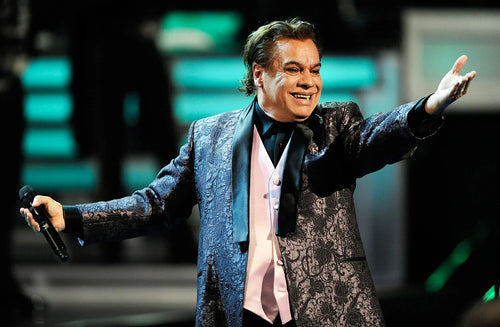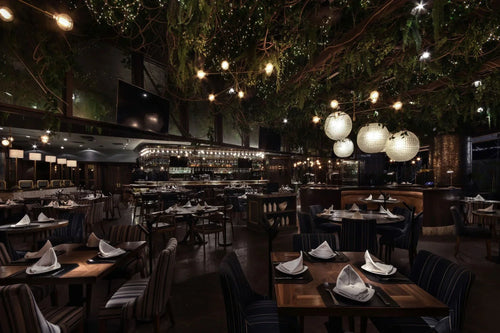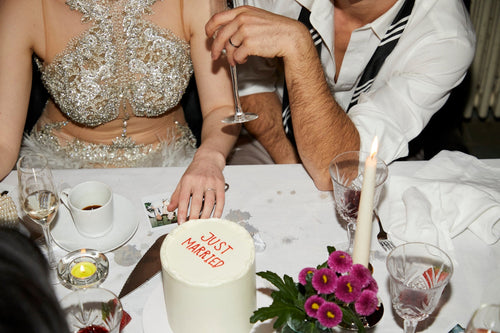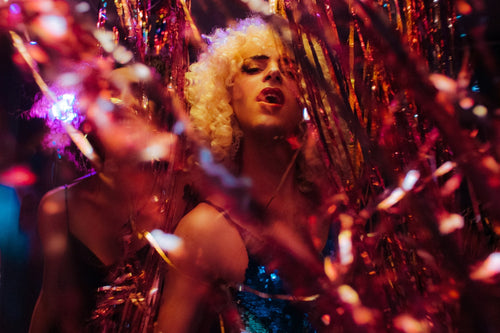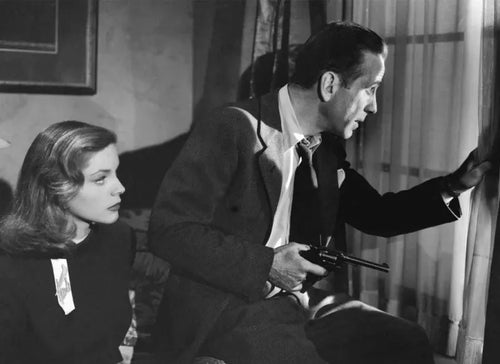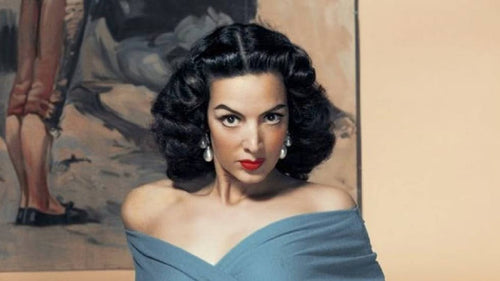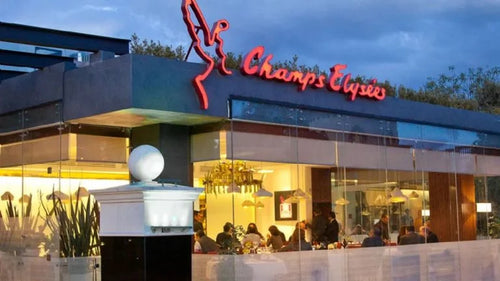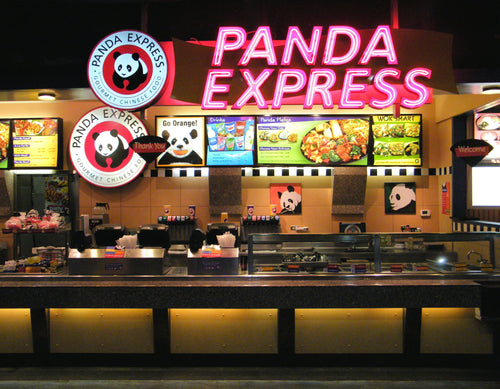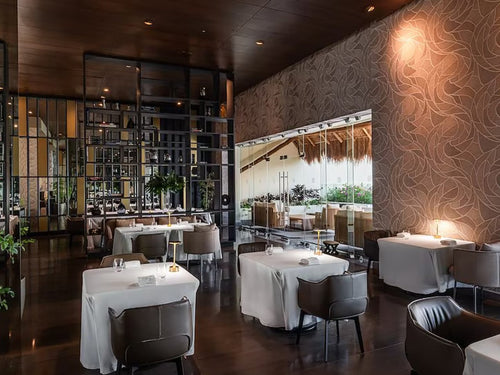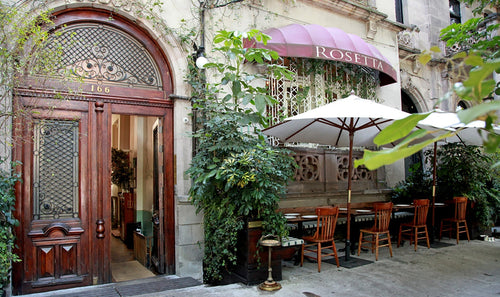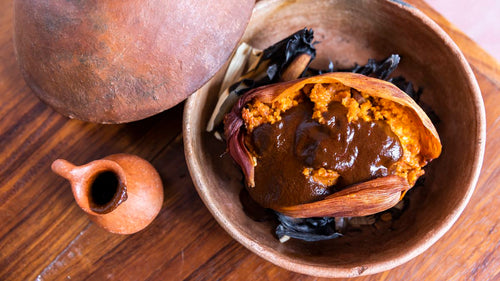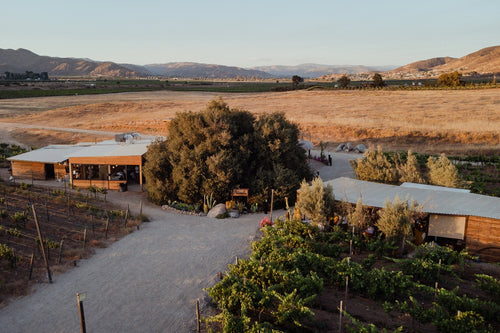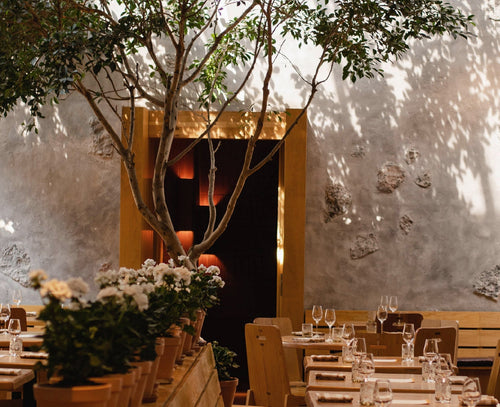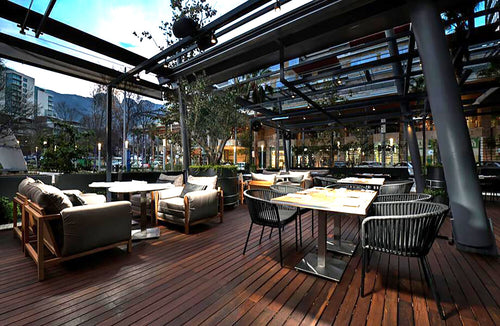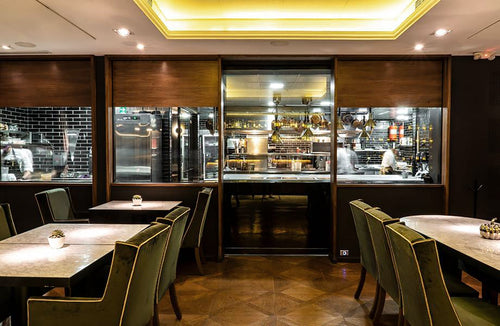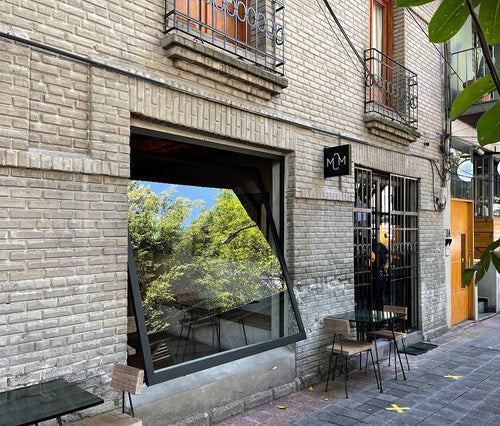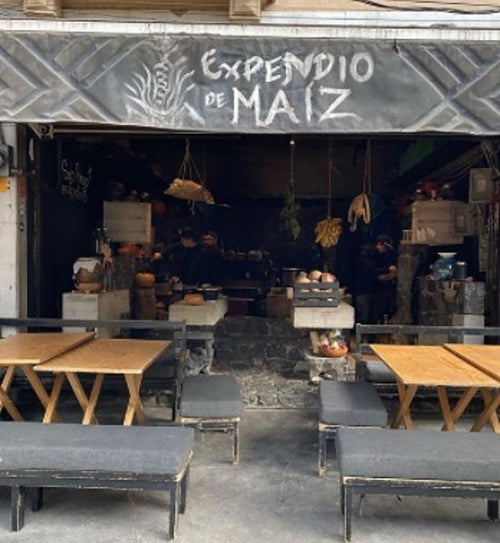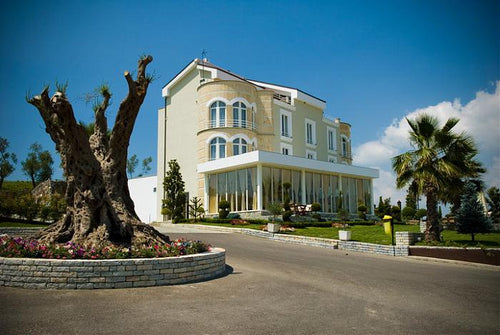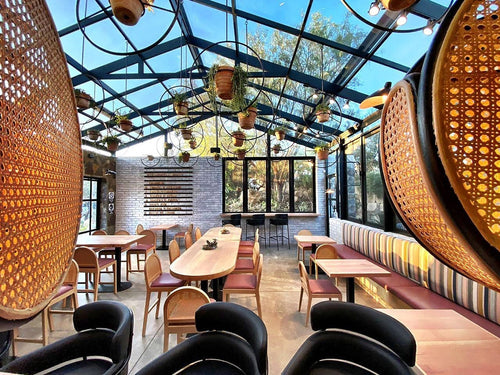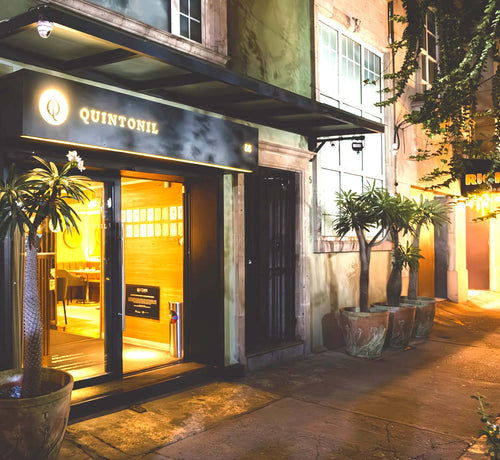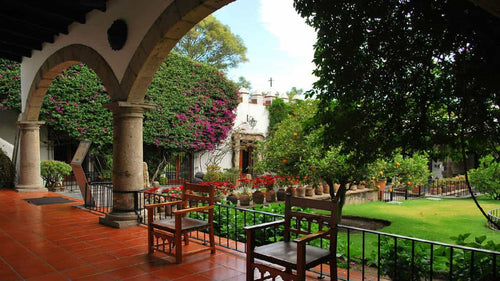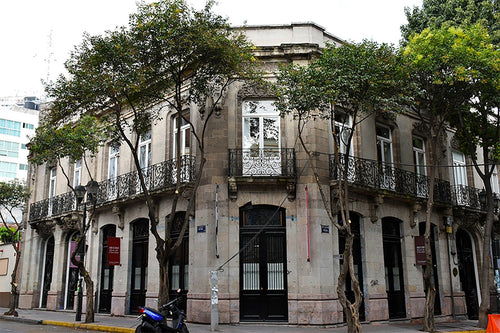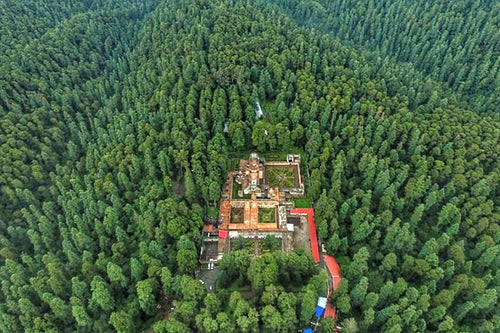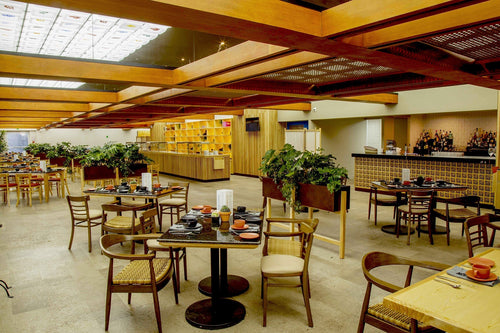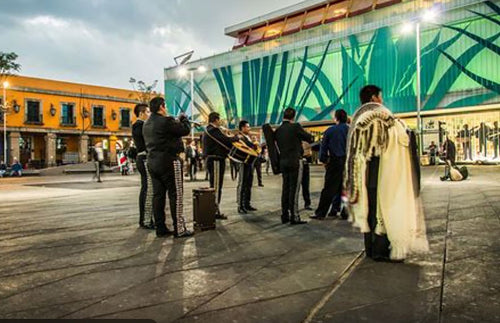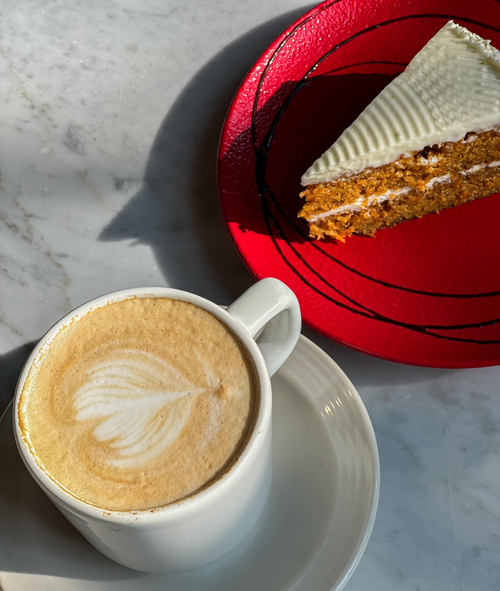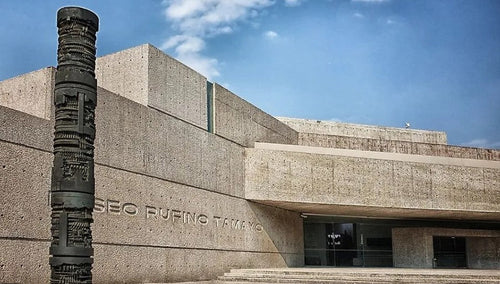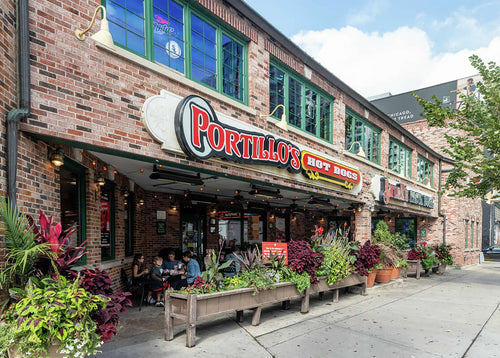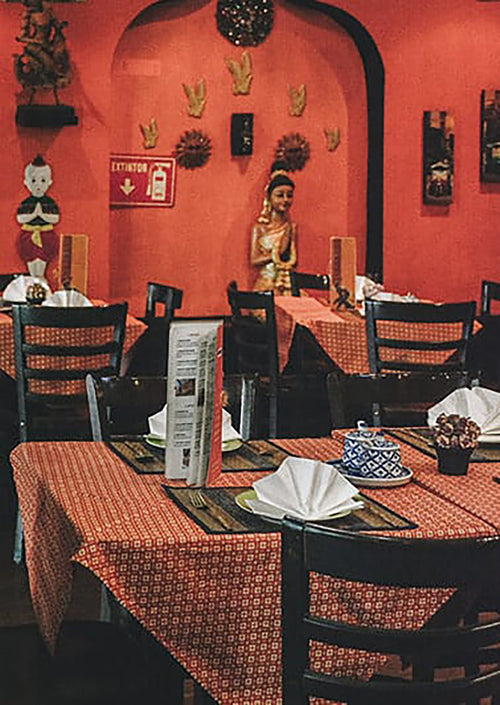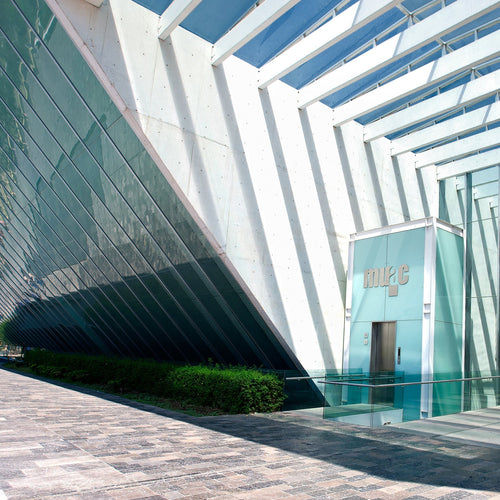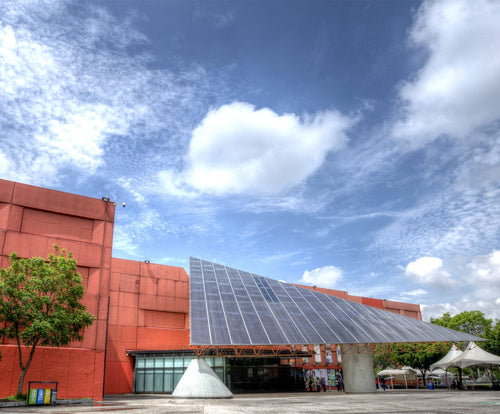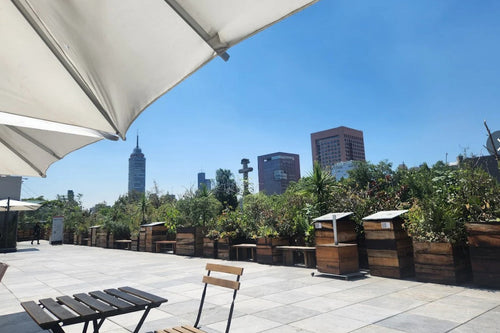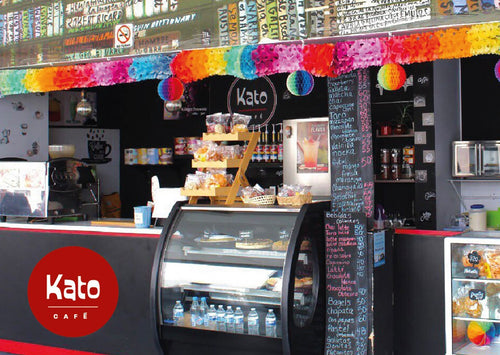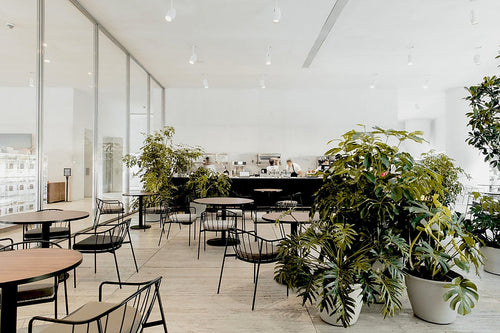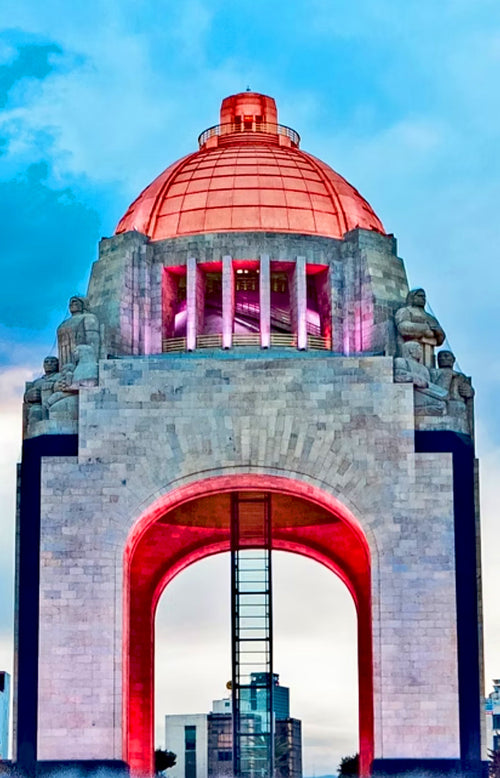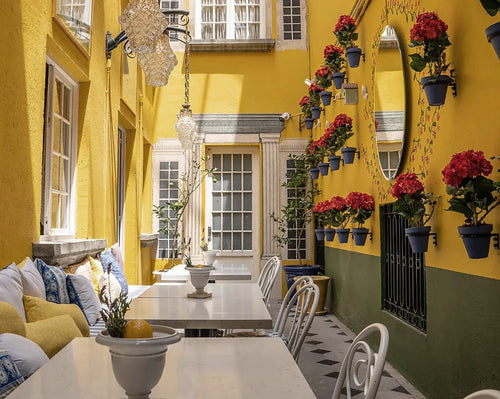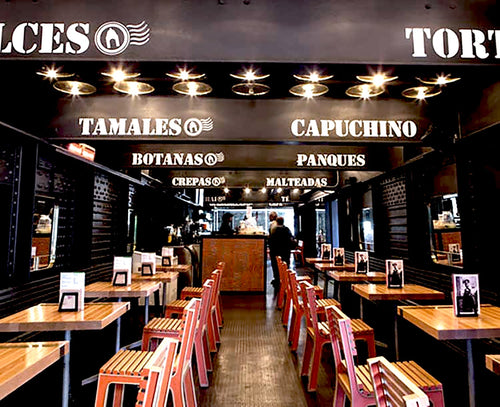Bygone places / Waikikí and the early evening necklines
A cabaret is a downpour of memories, a storm of emotions, a romance of lights, a memory of drinks, love, and adventure. Waikiki was a cabaret that shaped the charm of nightlife in CDMX during the first half of the 20th century.
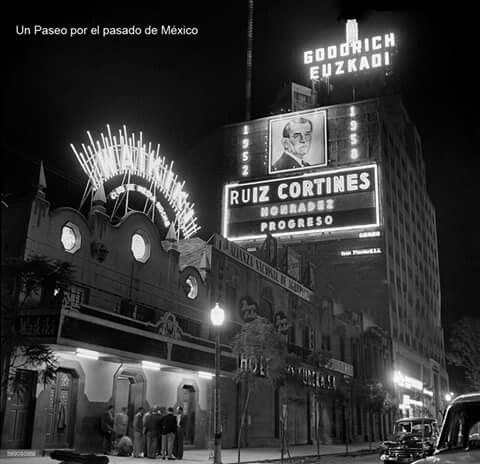
By: Youyi Mayora Eng
Photos courtesy: INAH Media Library
What do you do at a cabaret?
Just a block from Reforma Avenue, the lights and the scent of curiosity and adventure from Waikiki beckoned for nearly two decades to anyone willing to be enchanted by its interior magic. Necklines, drinks, dances, and music promised a downpour of secrets forgotten by the amnesia induced by a few too many drinks. Countless artists graced its stage: María Félix, Cantinflas, Tin Tan, Jorge Negrete, Agustín Lara, Los Panchos—the list is endless. With such a lineup, it's hard to fathom that there were inhabitants of that era who never set foot inside Waikiki.

José Mocelo Andrade, a Galician from the King of Spain's guard, must have dreamt of the overseas adventures of his ancestors from the 16th century. In that fervent youth of impulses and energy, he set sail for Havana, Cuba, where he discovered the charms of rumba, the humidity, the drink, and the poetry that envelops Latin America in dances, music, sweat, and smiles. Fortunately for Mexico City residents, Mocelo arrived in Mexican lands and immediately began working as a waiter. With his experience in the Caribbean, our character decided to start his own business, unaware that he would become the founder of one of the most iconic cabarets in the 20th-century nightlife.

The end and the final curtain.
In 1954, during the presidency of Adolfo Ruiz Cortines, a barrage of accusations of immoral acts and crimes almost daily led to the closure of the memorable Waikiki cabaret. All stories surrounding nightlife are prone to slander, but that's a product of changing times and the passage of time itself. We don't know if the reasons for its closure were true or valid, but what we do know is that the history of Mexican cabaret cannot be understood without the magic of nightlife that Waikiki contributed to the eternal memory of this city.



